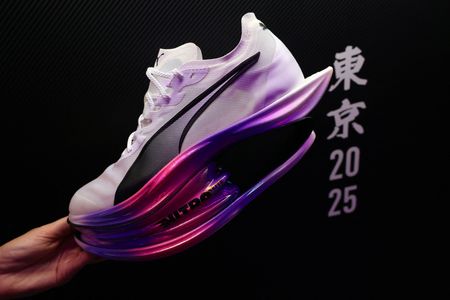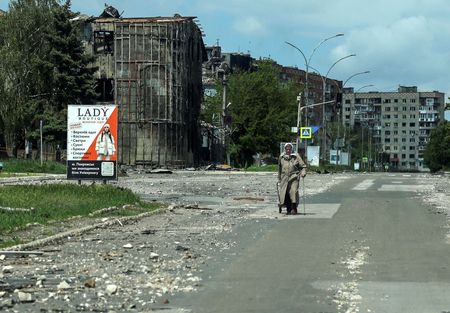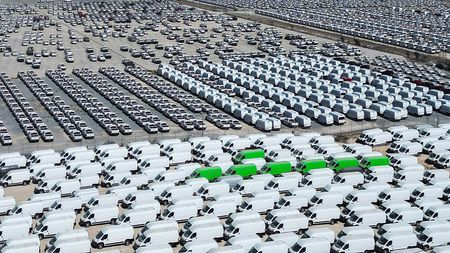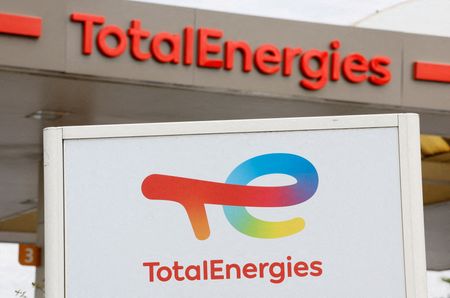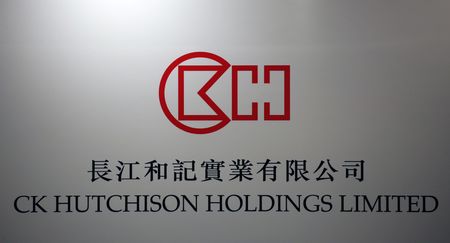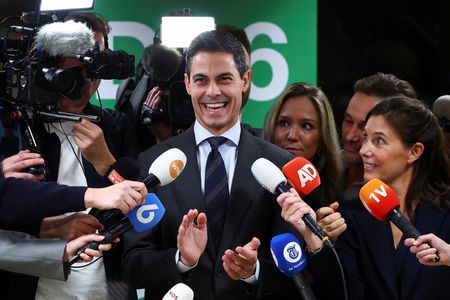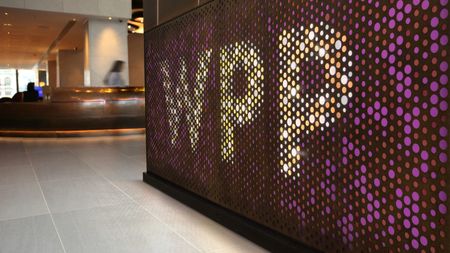By Alexander Hübner and Helen Reid
HERZOGENAURACH, Germany (Reuters) -Puma’s new CEO set out his turnaround plan on Thursday, saying the German sportswear brand would discount less, improve marketing and cut its product range, in addition to cutting 900 corporate jobs.
Puma’s share price has halved since the start of this year as it loses ground to rivals in an increasingly competitive sportswear market. The stock was down 2.5% at 1200 GMT after third-quarter results showed sales fell 15.3% to 1.96 billion euros ($2.29 billion) due to increased discounting.
Puma’s attempted turnaround comes at a difficult time for sportswear brands in the key U.S. market where retailers are nervous about demand as tariffs hit consumer sentiment, and are already discounting heavily in the run-up to Black Friday sales and the crucial holiday shopping season.
Arthur Hoeld, formerly sales chief at Puma’s arch-rival Adidas, took over in July to reboot the company.
“Puma has become too commercial, overexposed in the wrong channels, with too many discounts,” he said in a press conference at its headquarters in Herzogenaurach, Germany.
“I am sure we will get the cat on track again,” he said, referring to the company’s panther logo.
PUMA SNEAKERS NOT TRENDY ENOUGH
Adidas has seen its retro-style Samba and Gazelle sneakers fly off the shelves while Puma was late to the party with its Palermo sneaker, and its low-profile Formula 1-inspired Speedcat sneakers haven’t met sales targets.
“We have been waiting, hearing a lot about the potential success of the Speedcats, and they did not deliver, so they need to improve their execution,” HSBC analyst Anne-Laure Bismuth told Reuters.
Speedcat sales growth in Europe and North America remained below expectations in the third quarter, Puma said on Thursday.
INVESTORS MAY HAVE TO WAIT FOR TURNAROUND PAYOFF
Puma said it aims to return to growth in 2027 after a “transition year” in 2026. It expects a loss for 2025.
The 900 job cuts account for around 13% of its global corporate workforce, and are in addition to 500 job cuts announced in March.
Puma is overhauling its wholesale strategy to sell fewer products to cut-price retailers in the U.S. and increase direct sales through its website and stores.
It will also buy fewer products from suppliers, chief financial officer Markus Neubrand said, and cut its range with fewer new releases.
CEO HOELD: NO PLANS TO SELL BITS OF BUSINESS
Puma’s biggest shareholder Artemis, the privately-owned holding company that controls Gucci owner Kering, has said it is considering all options for its 29% stake, though a source close to the firm told Reuters last month it would not sell at the current market value.
Hoeld rejected reports Puma could dispose of some segments of the business, saying there was no plan to sell any of it.
Steps have already been taken to cut “undesired” wholesale business, reduce excess inventory at retailers, and limit discounting, Puma said.
It has taken back unsold stock from retailers, driving its inventories up 17.3% to 2.12 billion euros in the quarter.
That will likely have to be sold through its outlet stores, said HSBC’s Bismuth. Puma expects inventories to return to normal levels only by the end of 2026.
($1 = 0.8575 euros)
(Reporting by Linda Pasquini in Gdansk, Helen Reid in London and Alexander Huebner in Herzogenaurach; Editing by Matt Scuffham, Joe Bavier, Elaine Hardcastle)

